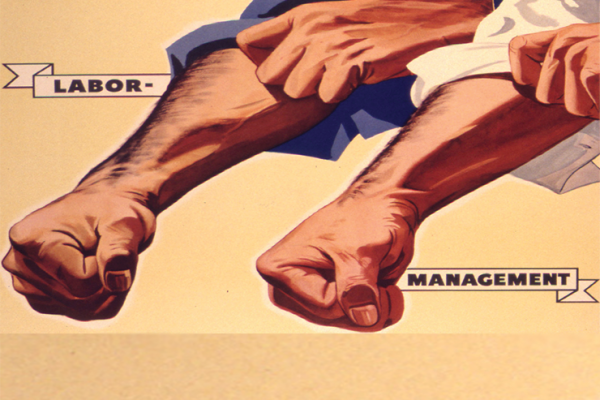Erik Loomis is Associate Professor of History at the University of Rhode Island. His latest book is A History of America in Ten Strikes. He blogs daily at Lawyers, Guns, and Money.
Help Us Stay Paywall-Free
Democracy depends on the free exchange of ideas. Help sustain it with a tax-deductible donation today.






